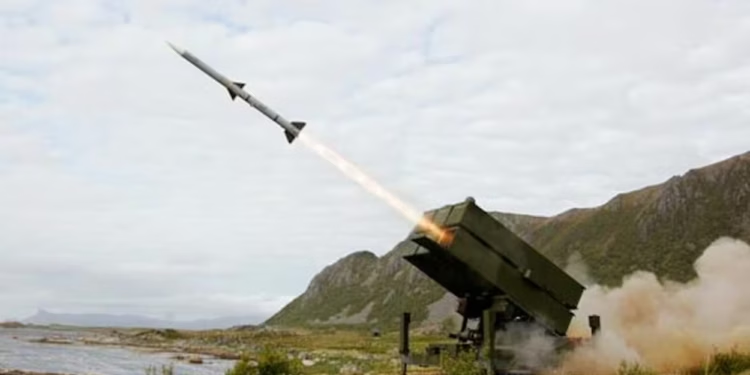While the international geopolitical situation remains unstable, the question of Tunisian military capabilities, especially in the field of air defense, regularly returns to the public debate. If Tunisia communicates very little about its military equipment for obvious reasons of national security, several elements make it possible to draw up a partial inventory of its current means.
Indeed, while several European countries such as Belgium or the United Kingdom accelerate their investments in anti-missile defense systems in the face of the rise of international tensions, a arms race is also intensifying in the Maghreb. Morocco, in particular, multiplies the acquisitions of medium and long-range air defense batteries from powers such as Israel, China and the United States. In this regional context of strategic rearmament, the question arises: what do we really know about Tunisian capacities in terms of anti-aircraft defense? If, indeed, little data on these capacities is officially revealed, some elements available can give us an idea of these systems.
Tunisian air defense is essentially based on a short -range device, aimed at covering sensitive or strategic sectors. Since the 1980s, Tunisia has acquired equipment such as The MIM-72 Chaparra systeml, a soil-to-air missile with infrared American manufacturing. Several dozen of these launchers were delivered as part of Tunisian-American military cooperation. In addition, there are portable defense missiles Air-so-called “Manpads”, including Chinese design (QW-18), as well as the Swedish RBS-70 system, recently modernized in its NG version. The latter is used by specialized army units.
In terms of airspace surveillance, a modernization project has been started in recent years, with discussions around the acquisition of tactical radars and control and control systems. Negotiations have been initiated in particular with Turkish industrialists, Like the ASELSAN company, To equip Tunisia with medium -range mobile radars.
Tunisian authorities are also betting on joint military exercises to maintain a level of operational competence. During African Lion maneuvers, organized each year in partnership with the United States, Tunisian forces had the opportunity to train with advanced air defense systems such as theAvengerwhile strengthening their interoperability with Western partners.
In the global ranking established in 2025 by the specialized site Global Firepower, Tunisia is positioned in 73rd in nearly 145 countries evaluated. This classification takes into account various criteria such as the size of the armed forces, equipment, military budget, logistics and the ability to project power. At the African scale, Tunisia is located in the intermediate group, far behind the regional powers such as Egypt, Algeria or Morocco. However, it benefits from professional human capital and regular cooperation with partner armies, in particular the United States, which allows it to partially compensate for certain material gaps.








